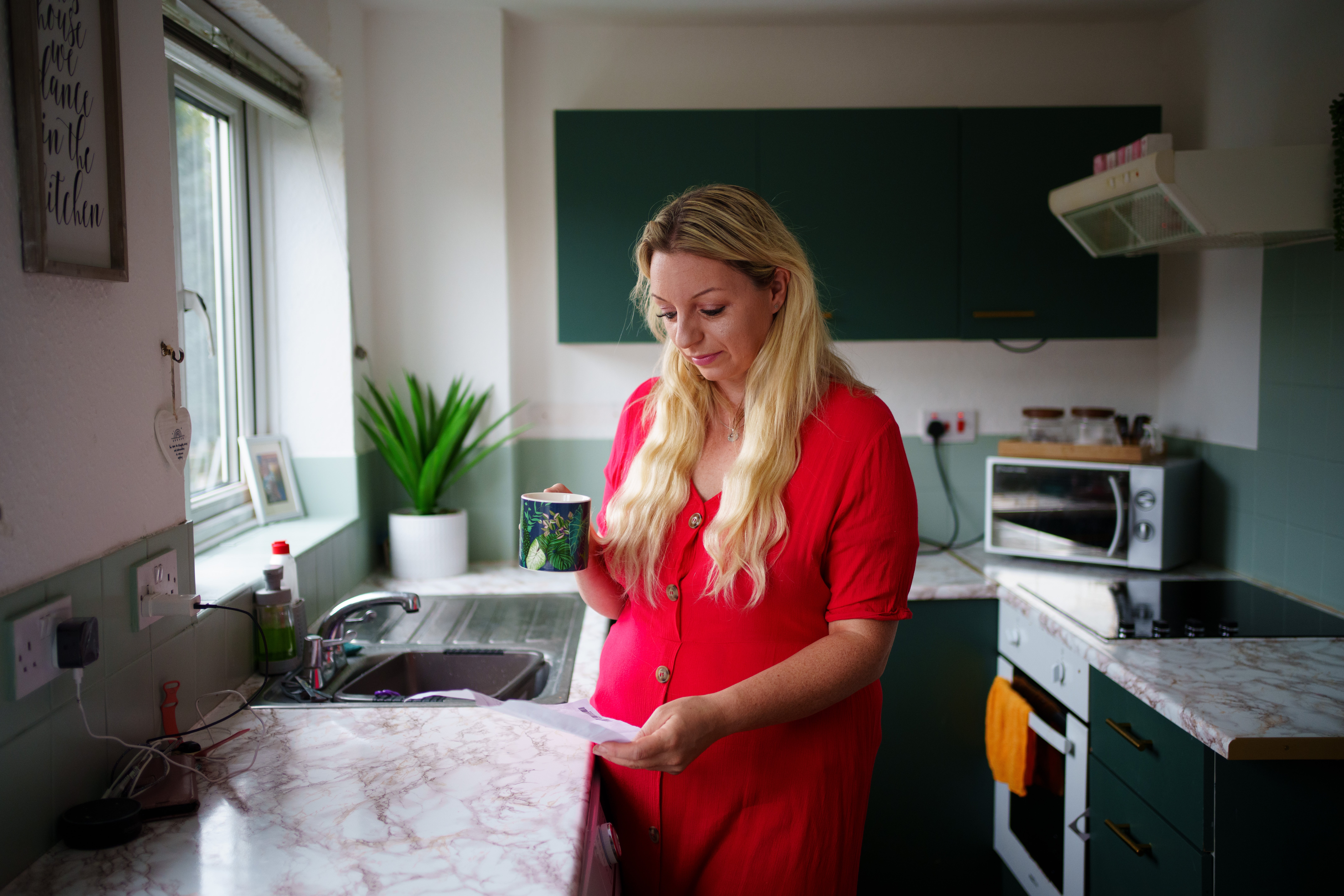Low income families could boost their income by up to £24,000 a year with new scheme
Across the UK, an estimated £19 billion worth of benefits goes unclaimed each year

Your support helps us to tell the story
From reproductive rights to climate change to Big Tech, The Independent is on the ground when the story is developing. Whether it's investigating the financials of Elon Musk's pro-Trump PAC or producing our latest documentary, 'The A Word', which shines a light on the American women fighting for reproductive rights, we know how important it is to parse out the facts from the messaging.
At such a critical moment in US history, we need reporters on the ground. Your donation allows us to keep sending journalists to speak to both sides of the story.
The Independent is trusted by Americans across the entire political spectrum. And unlike many other quality news outlets, we choose not to lock Americans out of our reporting and analysis with paywalls. We believe quality journalism should be available to everyone, paid for by those who can afford it.
Your support makes all the difference.A pioneering debt and benefits advice service in schools has seen hard-up families boost their income by up to £24,000 in a year.
Across the UK, an estimated £19 billion worth of benefits goes unclaimed each year, as many find it too complicated or time-consuming to go through the process or simply don’t know what is available for them.
This includes everything from people eligible for Universal Credit, but not claiming it to those not taking up support with things like childcare costs and council tax.
But as part of a pilot scheme in seven Greater Manchester schools in low-income areas, a full-time Financial Inclusion Officer (FIO) worked to increase household incomes by helping families claim the benefits they are entitled to.
Over the course of the 12-month-long scheme, 104 families were a total of £163,009 better off – an average of £1,567 per family.
But in one case, a family got £24,000 of benefit gains.
The programme, Money Matters, was delivered in partnership between Kellogg’s and Greater Manchester Poverty Action (GMPA).
The independent benefits advisers reached parents via coffee mornings, breakfast clubs and drop-in sessions.
Now, Kellogg’s and GMPA are urging the government to roll out a pilot of the scheme to the 10 local authorities with the highest rates of relative child poverty to help match struggling families to the benefits they are entitled to but don’t claim.
The scheme does not add to the government’s benefits bill because it unlocks money that is budgeted for by the Department for Work and Pensions, which families are eligible for, but go unclaimed.
A spokesperson for Kellogg’s said: “One of the most effective ways to combat food poverty in the UK is to address the root cause: financial insecurity and we were keen to find ways to help through our longstanding breakfast club programme.
“Money Matters is a remarkable initiative that is changing lives and enhancing people’s financial security by helping them access the support that already exists.
“We hope the government will recognise the potential of this program and support the rollout of Money Matters nationwide.”
Helen Chadwick, Daniel Rooney, and their four children aged between two and 12, were one family to use the scheme, gaining an extra £24,120 in one-off benefits gains and 12 months of ongoing benefits.
This included assisting Daniel in a successful Personal Independence Payment (PIP) appeal, worth £680 a month, as well as backdated payments of £9,000.
The scheme also helped win Daniel a mandatory reconsideration after his Limited Capability for Work-Related Activity (LCWRA) was rejected, resulting in another £354 a month and a one-off backdated payment of £301.
An Additional Carer’s Element on Universal Credit, worth £168.81 per month also added to the total, as well as helping the family to have their water bill capped, worth £382.
Cherrelle Dowling was also helped after believing she was on the right benefits - but then discovering through the scheme that she was entitled to more.

It found Cherrelle, who was living in a private rented property with her partner and children, needed an additional Child Element on Universal Credit, worth £244.58 a month or nearly £3,000 a year.
Her children were also eligible for higher rate Disability Living Allowance (DLA), but she was only receiving lower rate DLA for one of them, resulting in an extra £8,362 a year.
With the scheme’s support, she ended up with an extra £11,297 in ongoing benefits per year.
Graham Whitham, CEO of Greater Manchester Poverty Action, said: “Money Matters has illustrated the importance of delivering advice and support in trusted settings.
“In the context of the cost-of-living crisis and a benefits system beset by barriers and complexity, getting a trained advisor to work with people to maximise their income has never been more important.
“By working in partnership with schools Greater Manchester Poverty Action, supported by Kellogg’s, has been able to transform the financial wellbeing of families.
“We believe this approach needs to be replicated in low-income areas across the county.”


